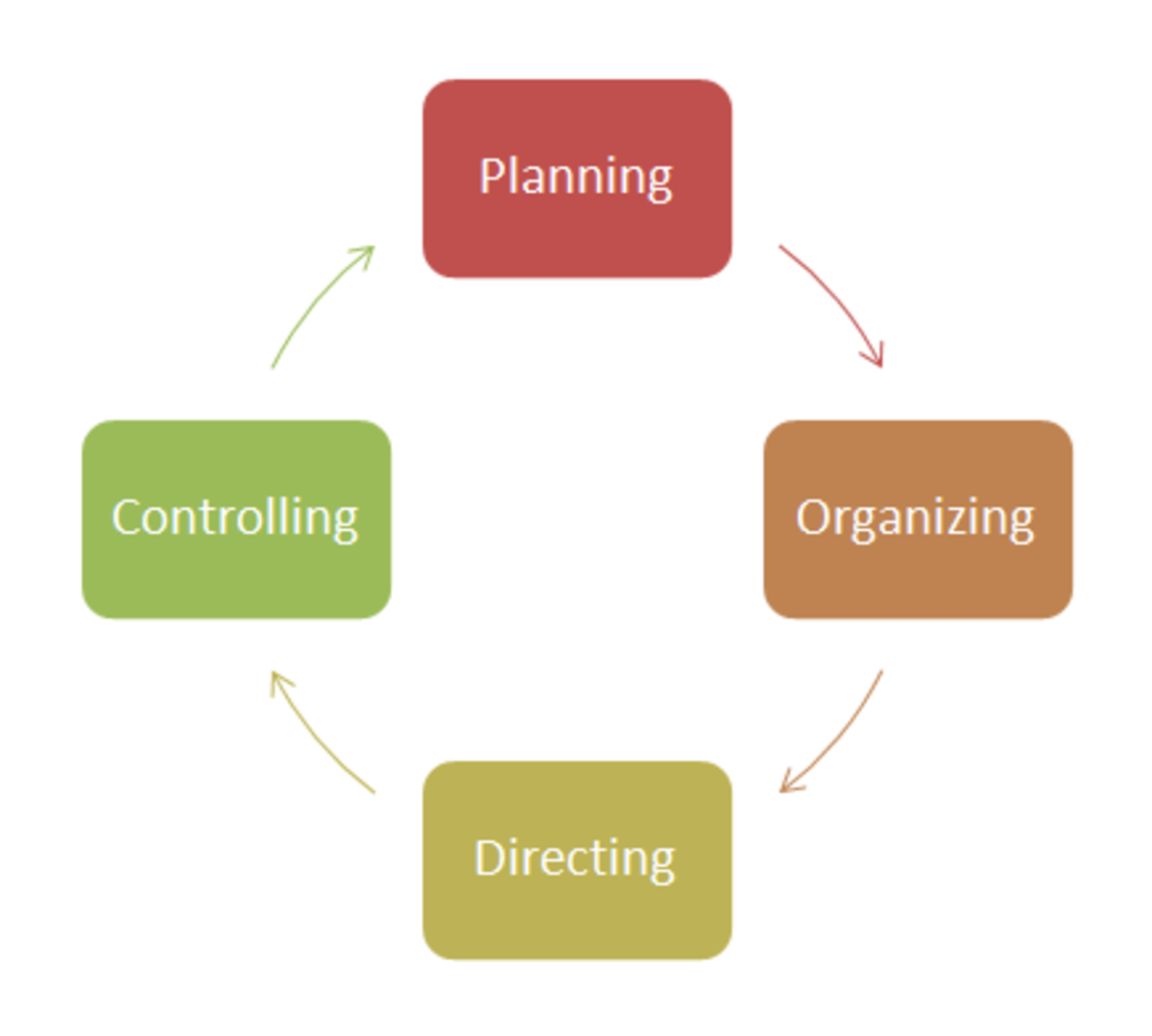Hiring the right retail salespeople

A discourteous or disinterested salesperson can sabotage your marketing efforts
Anyone who has ever shopped for so much as a bag of potatoes, not to mention something more expensive, such as a laptop or TV, can tell war stories about irritating salespeople, ill-tempered cashiers or absent minded stock people. It's a universal experience. Pleasant encounters with an obliging salesperson, a cheerful cashier and a splendid stock person are not altogether rare, but human nature being what it is, a negative experience lingers longer in the memory. That's why an unpleasant confrontation with a customer can have such a devastating impact on your store.
Annoying sales people are high on most shoppers' lists of what they don't like about shopping. Why is this such a common complaint? And more importantly, what can you do to change it? Whatever brought you into owning a retail shop, it is your responsibility as an owner or manager to provide shoppers with an enjoyable experience in your store.
It is not enough to purchase merchandise and display it well, set up the cash register, turn on the lights and unlock the door - somebody has to help shoppers find what they're looking for, wrap it and receive payment for it. If you and your partners, if any, are your own sales staff, you have a vested interest in doing a good job, but even that concern does not guarantee success. And hired help may not be as focused on completing the sale.
A retail salesperson should be...
Business writers constantly stress the importance of training your personnel. That's common sense-but what do they really mean? Perhaps a shopper's complaint is a consequence of poor training, and maybe sales salespeople are cranky because they don't know their function. So, what constitutes good training? When and how should it take place? More precisely, how do you find, develop and hang onto personnel whose training benefits your business?
First, appraise your potential labor pool. For a retail business in the United States, there are some basic requirements:
- Be able to do basic arithmetic, with or without a calculator
- Be sufficiently mobile to do the job
- Want to succeed
- Be willing to learn-and continue learning
That's it. As long as sales people meet these fundamental requirements, you can mold them to fit your particular embroidery retail shop.
Individuals who are outgoing and like people, who have prior experience in retail, who are interested in or are enthusiastic about the business-all that's gravy. So is facility in a second language, depending upon who your customers and suppliers are; but English is pretty much a necessity.
A retail environment can absorb and successfully make use of widely divergent types, talents, abilities and ages. Many retail service businesses in this country employ young adults. Look at the fast-food business, for example. There's nothing wrong with hiring teenagers as salespeople, cashiers and stockers, but they need help if they're going to be good at the job. So does the part-time employee who's retired from a lifetime of work in another field, the full time employee with previous sales experience, the college student or recent graduate, and the retail owner/operator. The point is, excelling at retail sales is not a birthright, it is a learned behavior.
Training Your Salesperson
Training should be an ongoing process. Something new can always be learned, which is why it's so important for the individual to remain open to learning. A technique that worked last year or on the last job might no longer apply. Here are some basic guidelines for training:
- Teach your salespeople to observe shoppers closely, to really notice how they respond to the merchandise, to the salesperson's presence, to the whole atmosphere of the store.
- Encourage them to tailor their approach to the particular person and a particular situation.
- Analyze their tactics and talk it over with them when the store is quiet.
- Praise them when they get it right.
Approval is important, because selling is something of a performance art. The store is like a stage and both the salesperson and the shopper are role-playing to an extent. The shopper is looking for entertainment and, one hopes, embroidered items. The salesperson is "acting" in response to the shopper's wants, as well as for the store's profit. As long as each plays her role as expected, everyone can take satisfaction in her performance. Applause is in order. For the salesperson, this should take the form of a kind word from the boss, but a sales commission or a merit raise is also an excellent reward for an unusually good show. The owner has to be satisfied with good reviews of the bottom line.
Performing is communicating. First you must make contact, which means greeting the shopper and making conversation. Don't start with "May I help you?" or "Are you looking for anything special?"- the knee-jerk response will be "No" or "I'm just looking," and you're left with nothing further to say. Instead, welcome them pleasantly and make brief eye contact. Give them some time to get their bearings within the store and then try chatting. You can start by talking about almost anything: the weather, sports, etc. However, the next critical step is to shift the conversation to the merchandise - it's appeal, how it was made and what a good value it is. Sales people must be taught that simple conversation is not enough. It's what you talk about knowledgeably and enthusiastically that makes the sale
Incidentally, Wal-Mart's famous door greeters serve a dual purpose. They not only set a welcoming tone, they also let shoppers know that employees are aware of their presence in the store. Nothing deters shoplifters better than an observant sales salesperson.
Defining the Job
When hiring and training personnel, keep in mind that no one really wants to do a bad job. A salesperson who doesn't know what the boss expects of him, or exactly what his job entails, will feel insecure. This can lead to the employee taking it out on the customer being rude or abrupt or just plain disinterested. Make sure your employees know what you expect of them. Tell them, clearly, what their primary and' secondary responsibilities are. Their primary task should always be to assist customers and ring up sales.
It's fine if you want your sales help to unload boxes or stuff envelopes, but watch to see that these duties don't take precedence over the task for which they were hired - selling. If you, or they, get too focused on secondary tasks, the customer can seem like an interruption rather than the reason for keeping the store open.
On the other hand, waiting on people is often just that - waiting. Sales salespeople become bored. Give them tasks that don't interfere with focusing their primary attention on customers, such as straightening shelves or organizing hang-racks where it doesn't disrupt shoppers. This tidying-up activity should become so ingrained that your salespeople may do it from sheer habit when they are out shopping themselves! Taking inventory or doing paperwork are okay tasks, too, as long as the work doesn't require deep concentration.
It may sound obvious, but provide places on the sales floor to sit down! A salesperson or cashier can be visible and in attendance while sitting as well as standing. A high stool behind the sales counter is fine, but one or more comfortable chairs on the sales floor will also be welcomed by your customers.
Expect good work from your employees. We all respond better to high expectations. Be critical about the work, not the person. Allow people their dignity; don't chew them out in front of others, but do let them know privately if you're displeased.
Show interest in your employees' ideas and give them as much responsibility as you think they can handle; the more stake your employees have in the success of the business, the better it is for both of you. You can talk to them about their personal lives, but remember to maintain a balance between being friendly and getting too involved; you might find it difficult to supervise and direct them when you need to if you are too caught up in their lives.
Other Requirements
Set and maintain reasonable standards about dress and appearance; too formal a dress code doesn't fit the relaxed atmosphere that encourages shoppers to stick around and spend money. Sloppy or dirty won't do either, of course, but insisting on a suit and tie or a dress and heels is silly if you sell sporting goods. Your best option is to offer your employees free or at-cost embroidered uniforms with your company’s logo on it.
Eating, drinking or texting in front of customers is not acceptable. Long phone calls, business or personal, are also unacceptable. Calls should be kept as brief as possible so that the principal attention is on the customer in the store. Don't overlook teaching your salespeople to make change correctly. Even automated cash registers fail, and besides, it only shows the change to give back, not how it was arrived at. The standard manner is for the salesperson to state the total sale and the amount of cash presented, then count the change out loud as she places it in the customer's hand. For example, "That's $14.59 out of $20" then "fourteen fifty-nine, sixty, sixty-five, seventy-five, fifteen dollars and twenty." Seems simple enough, but loads of people never learn how, even though handling money is basic to retail.
Finally, be serious about your business and how well your sales staff performs, but don't get crazy. Even when you pay your help a living wage or better, many of them will move on in a short time. Anticipate this and practice your selling skills so you can quickly train the next person you hire.
Source
- A Uniform Look for Retail Sales
The embroidered polo shirt has risen to become the uniform de rigueur for retail sales and food service





